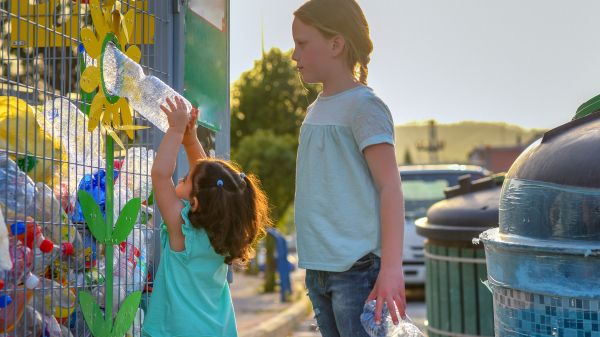Conservation

This collection of recent studies demonstrates that effective conservation education requires combining hands-on experiences with local relevance, cultural integration, and respectful approaches that engage learners emotionally while building both knowledge and lasting pro-environmental attitudes.
For more, read the eePRO blog post: From Classroom to Conservation - How to Create Environmental Education That Actually Changes the World
Environmental education programs are most effective at achieving actual conservation outcomes when they focus on local issues, collaborate with scientists, incorporate hands-on action, and intentionally measure direct environmental impacts rather than just attitude changes.
Integrating traditional ecological knowledge and local cultural wisdom into problem-based learning materials significantly improves students' conservation attitudes by making environmental education more culturally relevant and meaningful.
Podcasting offers a cost-effective, scalable way to deliver science-based conservation education to global audiences, with successful programs reaching hundreds of thousands of listeners across multiple countries.
Direct, repeated hands-on experiences with local wildlife can transform urban students' relationships with their environment, turning their neighborhood from mere backdrop into a living ecosystem they care about protecting.
Well-designed immersive environmental education programs can create lasting pro-environmental attitudes and behaviors that persist decades into adulthood, with 83% of participants reporting continued influence on their environmental views.
Teaching about invasive species control requires balancing conservation goals with ethical considerations, emphasizing respect for animals, voluntary participation, and allowing students to form their own opinions about complex environmental management issues.

